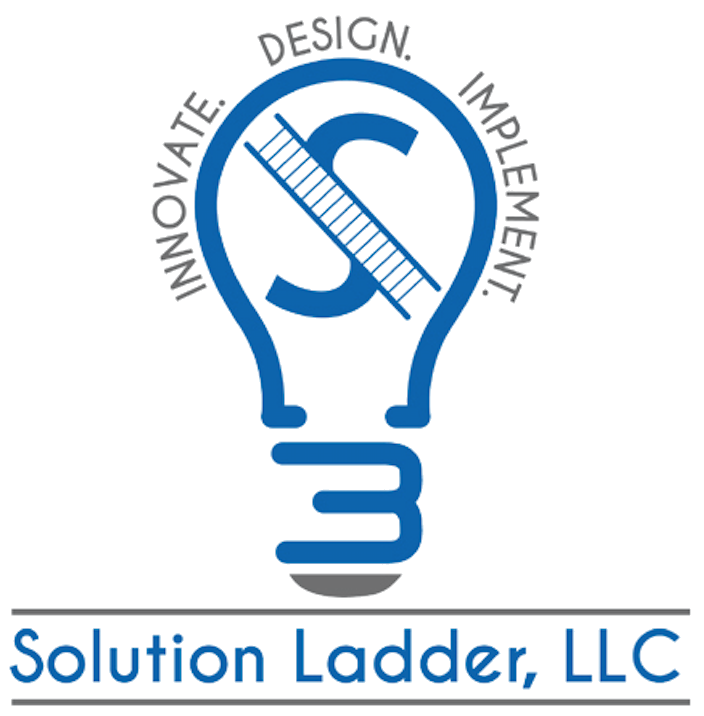· Documentation · 2 min read
Payroll integrations in depth
A deep-dive on building reliable payroll integrations: reconciliation, tax rules, idempotency, and audits.

Building reliable payroll integrations
Payroll systems require extreme care: money is involved, regulations vary by jurisdiction, and auditability is critical. Here are the main architectural patterns we apply at Solution Ladder.
1) Idempotent payroll runs
Design payroll job endpoints and payment processing to be idempotent. Use a stable run identifier and record completed steps so retries never cause duplicate payouts.
Implementation notes:
- Store a run record with status (pending, processing, completed, failed) and a checksum of inputs.
- Use transactional outbox patterns when emitting payment events to downstream systems.
2) Tax and benefits rule engine
Keep tax calculation separate from orchestration. Implement rules as data-driven modules that can be versioned and rolled back.
Best practices:
- Version rule sets and include effective dates.
- Build a simulator mode to preview payroll changes before committing.
3) Reconciliation & audit logs
Automate reconciliation between payment provider reports, bank statements, and internal ledgers. Keep append-only audit logs for any change to payroll inputs.
Checklist:
- Daily reconciliation jobs with alerts for drift.
- Immutable event logs for employee compensation changes.
- Exportable CSVs and signed digests for auditors.
4) Security & compliance
- Encrypt PII and restrict access via RBAC.
- Keep secrets in a key management system and rotate regularly.
- Maintain retention policies for financial records per jurisdiction.
5) Testing & observability
- Include integration tests that run against a simulated payment provider.
- Monitor payment latency, failure rate, and reconciliation divergence metrics.
Conclusion
Building payroll systems is more than implementing calculations — it’s designing for resilience, auditability, and trust. Solution Ladder has helped clients reduce payroll errors and audit time by introducing the patterns above.



